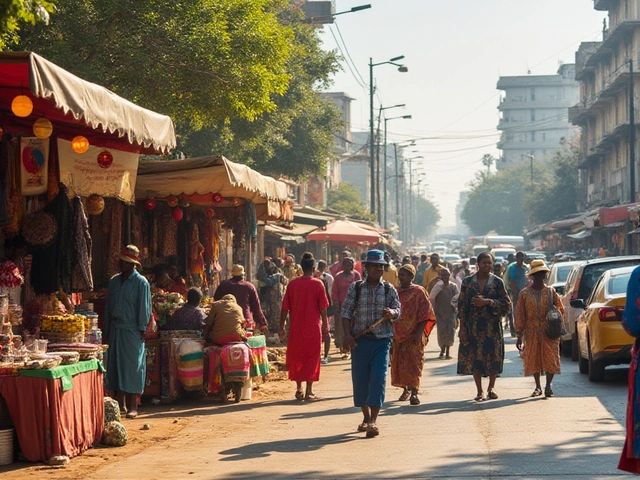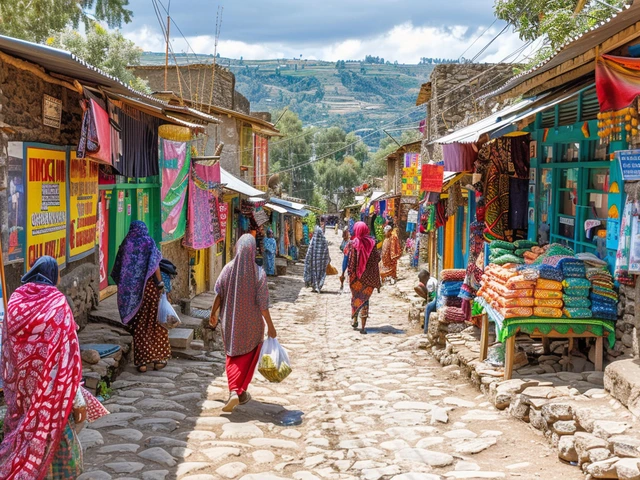Pharmacist Earnings in Ethiopia: What You Really Need to Know
Ever wondered if being a pharmacist in Ethiopia pays off? You're not alone. Pharmacist earnings are a big question for anyone thinking about chemistry, medicine, or healthcare careers. So, how much do pharmacists really make? What can you expect if you go down this road?
Let’s start with pay. The average starting salary for pharmacists fresh out of university in Ethiopia typically runs from 5,500 to 10,000 ETB per month in the public sector. That’s not a fortune, but it’s a solid start compared to a lot of jobs in the country’s healthcare system. With just a couple of years’ experience, some pharmacists can earn between 12,000 and 20,000 ETB monthly, especially in bigger towns or cities like Addis Ababa. If you move to the private sector, or manage your own pharmacy, you can push your earnings higher—sometimes even double what you’d make in a government hospital.
Why the difference? Private sector jobs usually pay more, and pharmacies catering to major urban areas see more clients and busier shelves. If a pharmacist owns a pharmacy, profits can go up, but so do risks and responsibilities—like rent, regulation, and stock costs. If the pharmacy is in a busy district or near a hospital, expect more foot traffic, which means better profits.
Now, think about the bigger economic picture. Ethiopia’s economy is growing, but wages aren’t keeping up across every field. A pharmacist still earns above the country’s average monthly salary, which hovers around 5,000 ETB. Pharmacy is a “respected” job and the stability it offers matters, especially when jobs are scarce in other sectors.
The type of employer makes a difference too. Government hospitals and clinics have set pay scales based on experience and education. Non-governmental organizations, private hospitals, or pharmaceutical companies often have bigger budgets, so they can offer better compensation or extra perks, such as bonuses or professional development.
Education is key. To work as a pharmacist, you need a pharmacy degree and must register with the national pharmacy board. More years of study or a specialization—like clinical pharmacy—makes you more valuable and boosts your take-home pay. Keep an eye on job listings: sometimes, a little extra training sets you apart from the crowd and helps you snag a spot at a top earning tier.
Of course, pharmacist salaries in Ethiopia aren't the highest in Africa, but this job gives more than just cash. Pharmacists are respected, needed in every corner of the country, and the stable demand means you probably won’t be job hunting every other year. Compared to banking, teaching, or even IT, pharmacy offers a reliable paycheck that increases steadily with experience.
Looking to bump up your income? Consider moving into management, starting your own pharmacy, or consulting for pharmaceutical importers. Some pharmacists also take side gigs like teaching part-time or working with health NGOs on drug awareness campaigns.
If your goal is a job with a future, fair pay, and chances to grow, pharmacy in Ethiopia checks a lot of boxes. Get the degree, get registered—and keep an eye out for growing cities and private opportunities if you want the best returns for your effort.





